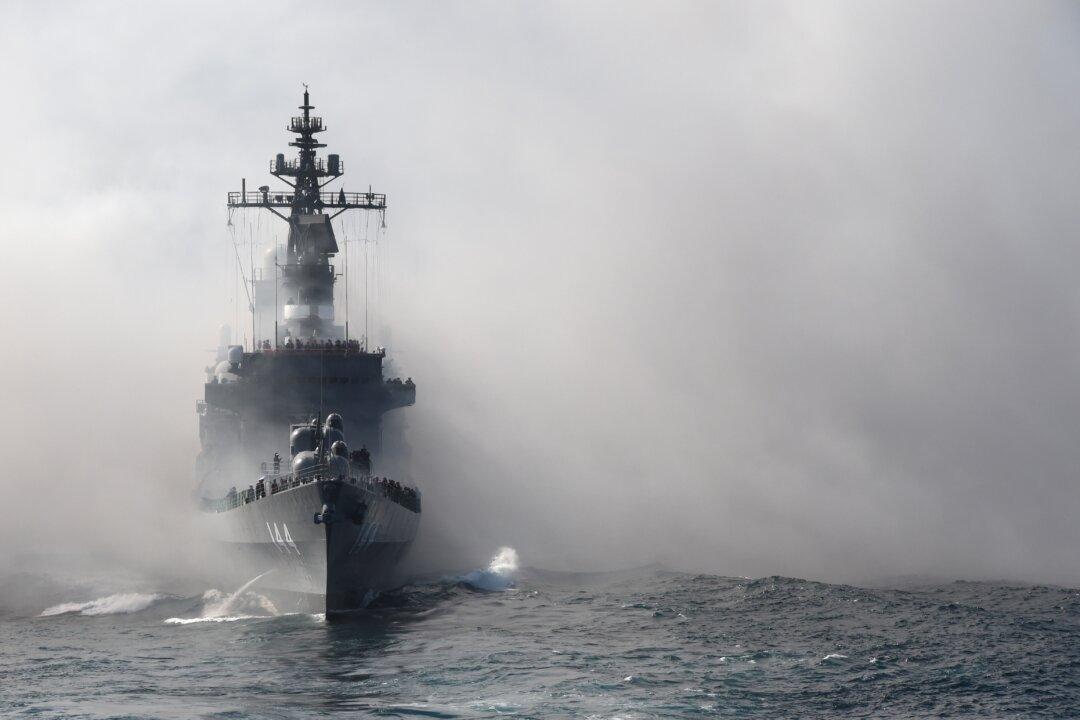Australian and Japanese troops will now be able to operate in each other’s countries following the start of a new defence agreement that aims to promote bilateral defence and security ties.
The Japan-Australia Reciprocal Access Agreement, which is also known as the Japan-Australia RAA, was signed at the beginning of 2022 and is viewed as part of an increasing push from the Quad partners to enhance security ties and counter China in the Pacific. It is the first visiting forces agreement signed by Japan in more than 60 years, following its security pact with the United States.




